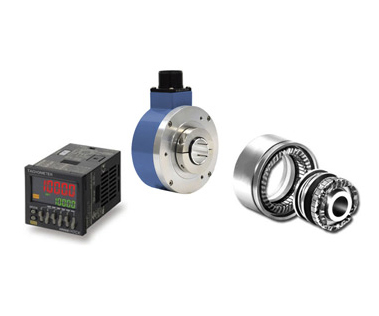
Describe the Role of Encoders and Motors in the Automation Industry
- by PLC
- Mar 28, 2023
Encoders and motors are two components that are often used in the automation sector. These two components were developed to work together to control the motion and position of machines. Encoders and motors are frequently used in the automation industry.
An encoder is a piece of machinery that can convert mechanical motion into an electrical signal. It gets its name from the device's more technical name. It is possible to use it to identify the speed, direction, and position of a moving object that is enclosed inside a machine. This is made possible thanks to the fact that it has a camera. Encoders are often used in the process of providing input to the control system in automated systems. After this, the control system is able to adjust the motion of the machine in response to the information that was received from the encoder. Almost all automated systems will include encoders as one of its components.
On the other hand, a motor is a piece of machinery that is used to convert electrical energy into mechanical motion. Its primary function is to drive electric vehicles. One of its main uses is to drive equipment, and it is often used in automated systems such as robots, conveyor belts, and assembly lines. This is one of the most common places you will find it. There are several variations of motors, including as alternating current (AC) motors, direct current (DC) motors, stepper motors, and servo motors. The specific requirements of an application are what ultimately decide the sort of motor that will be used in that application.
Encoders and motors are two key components that are utilised in the automation business to give precise control over the motion and position of machines. In a nutshell, the automation industry relies on encoders and motors to do this. These parts must cooperate with one another in order to carry out their purpose. Whereas encoders are in charge of giving feedback to the control system, motors are in charge of transforming the mechanical energy that is created by the machine into electrical energy. Encoders are responsible for providing feedback to the control system.












